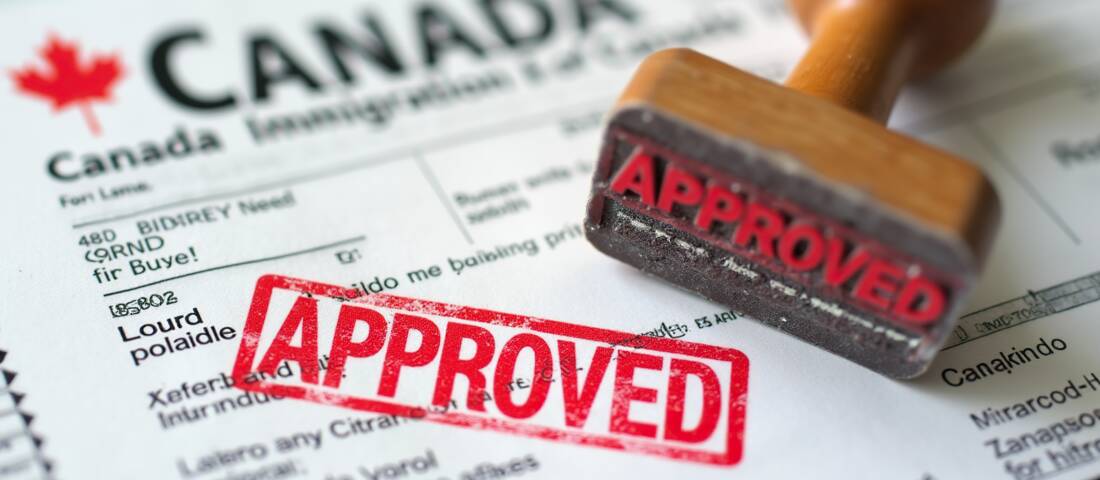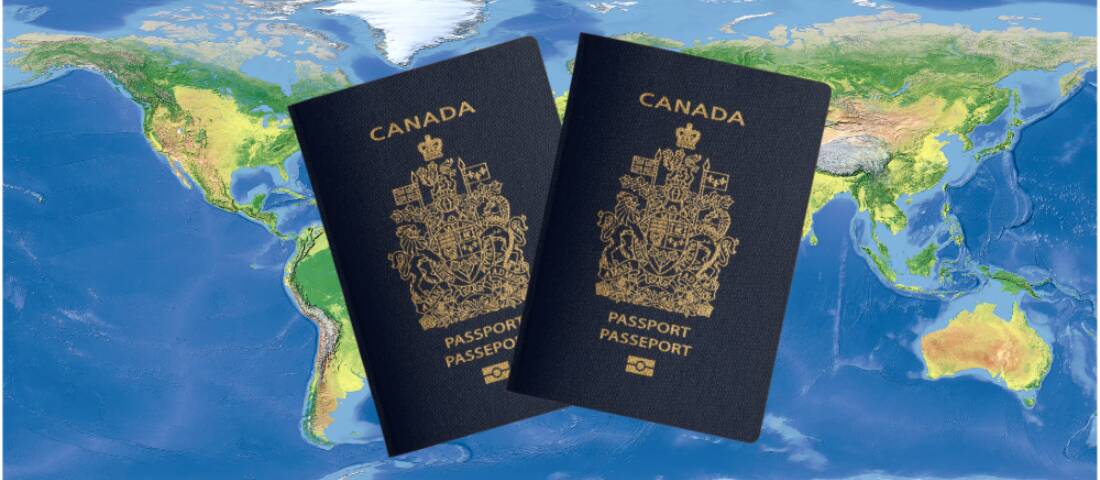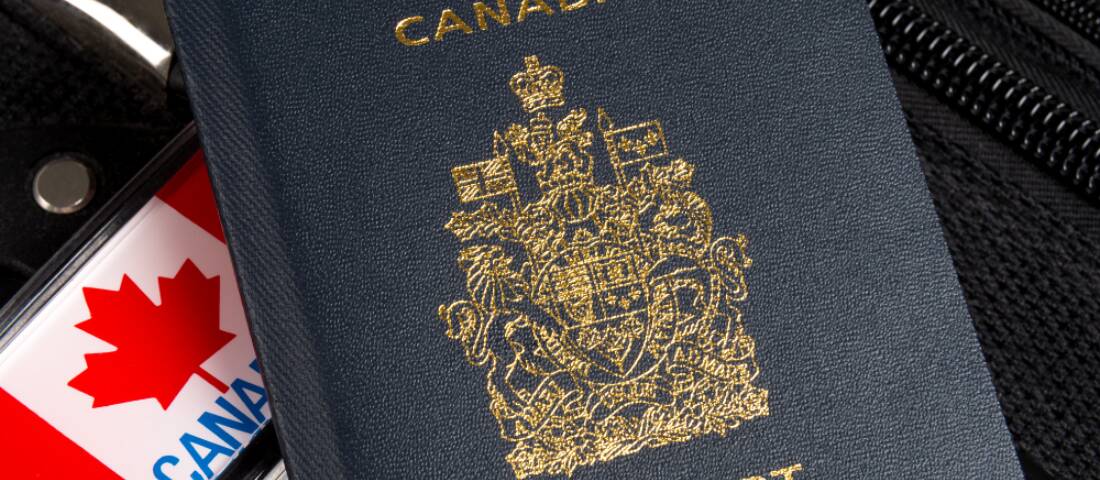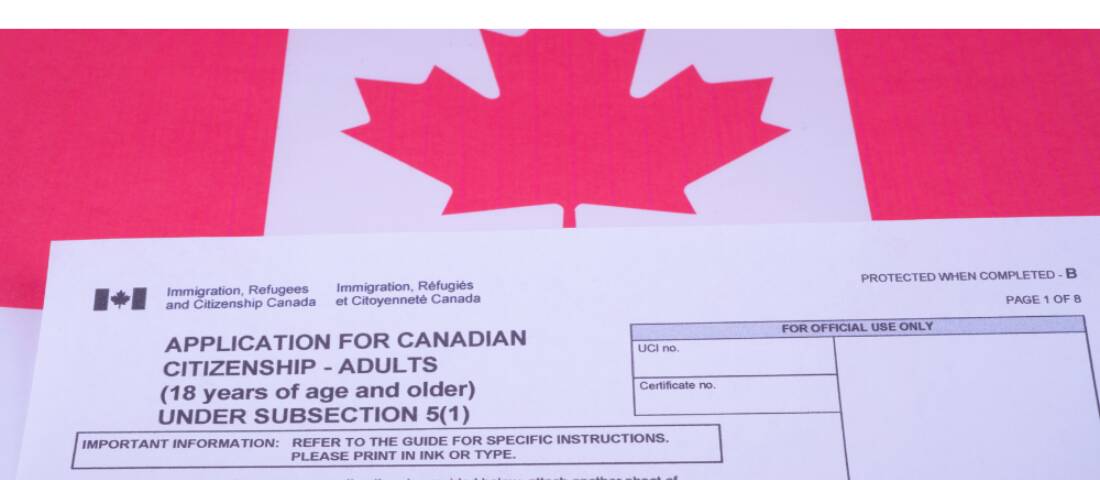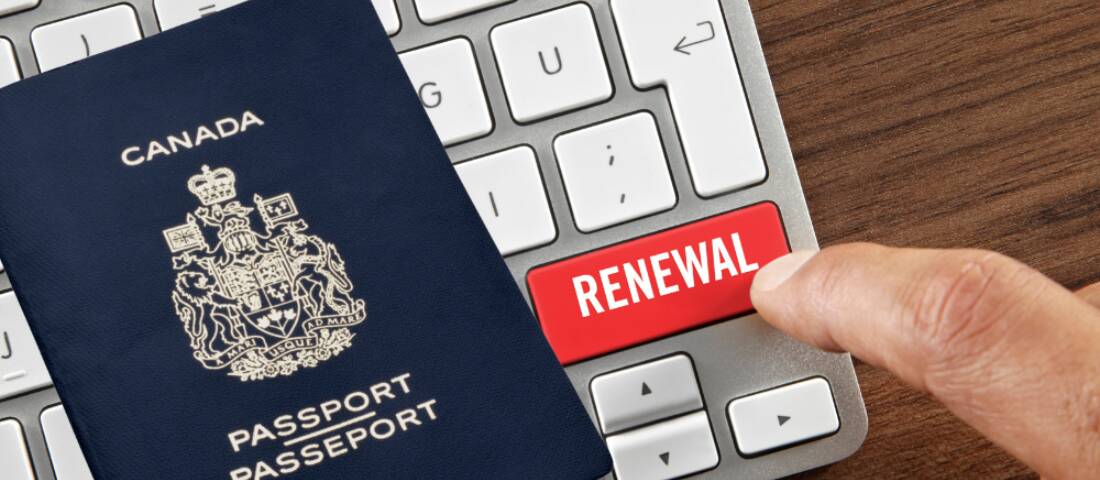If you’re living in Canada as a permanent resident, congratulations — you’ve already taken a huge step toward building your life here. However, when it comes to Canadian citizenship for permanent residents, waiting too long can come at a cost.
Let’s make one thing clear: permanent residence is not permanent.
You can lose it. You can be denied re-entry after travel. You can even face deportation, sometimes for legal issues you didn’t realize were serious. Holding a PR card doesn’t mean you’re immune to change, risk, or future complications.
On the other hand, Canadian citizenship is permanent. It gives you stronger rights, more protection, and the peace of mind that comes from knowing Canada is truly home, for good.
In this article, we’ll explain why holding off on your citizenship application can be risky, what you gain by becoming a Canadian citizen, who qualifies, and why now is the best time to make it official.
Permanent Residents Still Face A Risk
Many people think that once they’ve become permanent residents of Canada, their place will be secure. As long as they renew their PR card every five years, they assume they’re safe. But Canadian citizenship for permanent residents is what truly offers long-term stability.
Your PR card is proof of status, not a guarantee of it. And that status can be taken away.
Here are just a few situations that can put your permanent residence at risk:
Criminal charges or legal trouble — Even if it’s a minor offence or you don’t serve jail time, certain legal issues can lead to inadmissibility and a possible removal order.
Not meeting the residency requirement — You need to spend a minimum of 730 days physically in Canada within any five-year window to keep your PR status. Travel for work or family reasons could cause problems if you're not tracking your time.
Changes to immigration rules — What qualifies today may not qualify tomorrow, especially in times of political or economic change.
Denied re-entry after travel — If your PR card is expired or there are concerns about your admissibility, you could face delays or even be denied re-entry into Canada.
Citizenship Comes With Rights You Don’t Want to Miss
When you become a Canadian citizen, you unlock a new level of security, freedom, and opportunity. It’s not just about a passport — it’s about being fully recognized as someone who belongs here.
Here’s what changes the moment you gain citizenship:
The right to vote in all municipal, provincial, and federal elections. Citizenship gives you the power to shape the future of your community and country.
A Canadian passport is ranked among the most powerful in the world. It allows visa-free or visa-on-arrival access to over 170 countries, which makes travel easier, safer, and less stressful.
Job access and government benefits that are only available to citizens, including some federal jobs, security clearance roles, and scholarships or grants.
No more PR card renewals, no risk of removal. You’ll never have to worry about losing your status, meeting residency requirements, or being turned away at the border.
For many permanent residents, especially those from countries with limited travel mobility or unstable governments, holding a Canadian passport is life-changing. If you currently use a passport from a country like Nigeria, India, or Venezuela, gaining Canadian citizenship can open up the world.
Canadian Citizenship for Permanent Residents: You Might Already Qualify
Many permanent residents are surprised to learn they already meet the requirements to become a Canadian citizen or are just a few steps away. If you’ve been living in Canada, working, paying taxes, and contributing to your community, you may be closer than you think.
Here’s what you need to qualify in most cases:
Physical presence: You must have lived in Canada for at least 1,095 days out of the last five years before applying. Days spent as a temporary resident or protected person may also count partially, so it’s worth reviewing your timeline carefully.
Tax filing: You need to have filed Canadian taxes for at least three years during that 5-year period, even if your income was minimal or you were self-employed.
Language skills: If you’re between 18 and 54 years old, you’ll need to show basic proficiency in English or French, usually through test results, transcripts, or approved language courses.
Citizenship test: Applicants in the 18–54 age group must pass a written or oral test on Canadian history, values, institutions, and symbols. With the right preparation, most people do well.
Good character: You must not have serious criminal offences, recent immigration violations or ongoing legal issues that could affect your eligibility.
Meeting these criteria means demonstrating your connection to Canada and readiness to take on the responsibilities of citizenship.
If you’re unsure whether you qualify for Canadian citizenship as a permanent resident or are worried about a gap in your time or documents, a legal strategy session with a legal immigration expert can help you assess your situation and avoid delays or mistakes.
The Cost of Delaying Your Citizenship Application
Many permanent residents plan to apply for citizenship eventually, but waiting too long can come with risks that aren’t always obvious until it’s too late.
First, processing times can change. If citizenship applications surge or government resources shift, you could be waiting much longer than expected just to get a decision. What might take 12 months today could take 18 or more tomorrow. And if you're planning major life events, like international travel, sponsoring a family member, or applying for certain jobs, delays can create real obstacles.
Second, life happens. An unexpected legal issue, prolonged time outside Canada, or even a simple tax filing error could affect your eligibility later. We've seen many people who once qualified get denied years later because something changed in their circumstances.
And finally, Canadian immigration policies evolve. What’s acceptable or straightforward under current laws may be restricted in the future. If you qualify today, that’s reason enough to act before the rules change and you’re left scrambling.
Don’t Delay — Secure Your Future Now
If you're holding permanent resident status in Canada and putting off your citizenship application, it's time to think long-term. Renewing your PR card every five years might seem like enough, but it doesn’t give you the full protection, freedom or peace of mind that comes with being a Canadian citizen.
Laws change. Life changes. And waiting too long could mean missing opportunities or facing unexpected obstacles.
You’ve already invested so much to build your life here. Now is the time to make it official by applying for Canadian citizenship for permanent residents and gain the rights you’ve earned, the security you deserve, and the ability to shape your future without limits.
Book an initial call with our client engagement coordinators and let us help you take the final step in your Canadian immigration journey with trusted legal guidance, a clear strategy, and a team that cares about your future.




